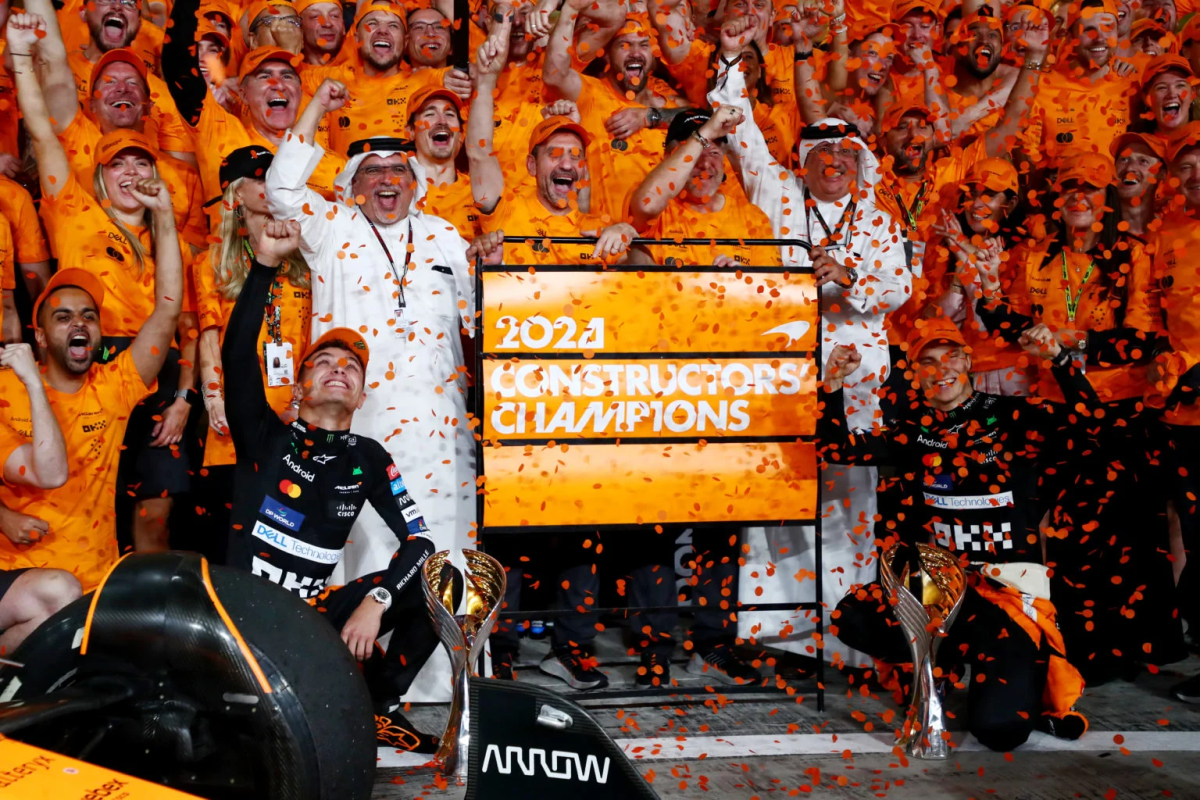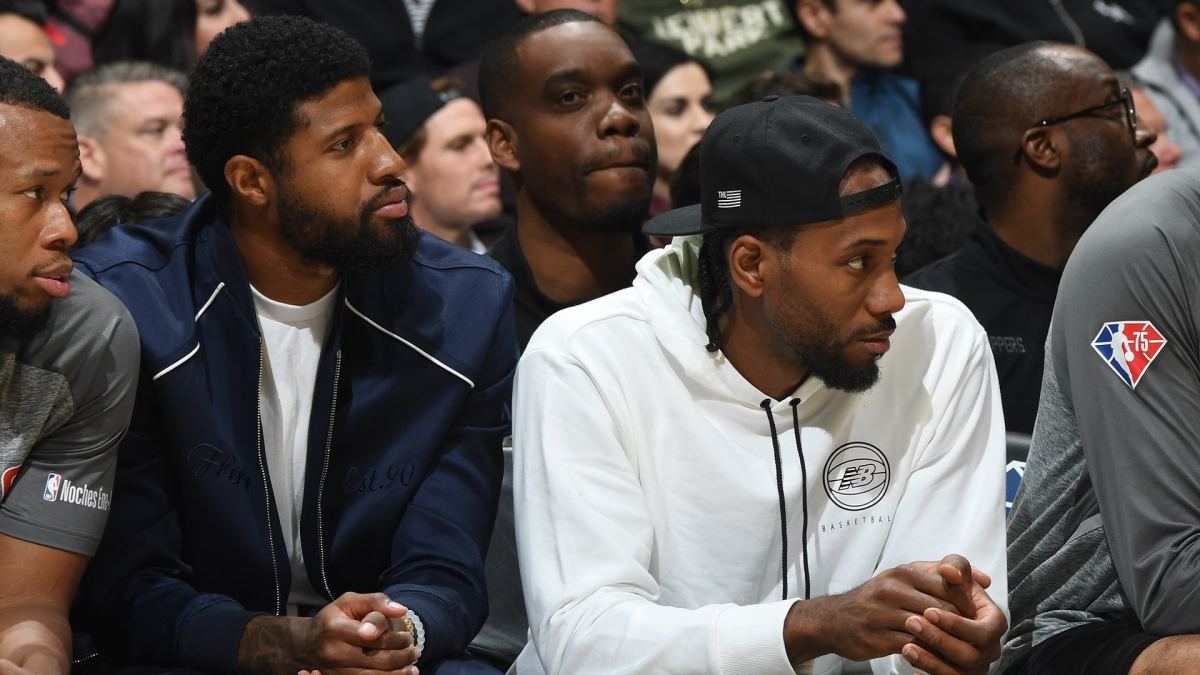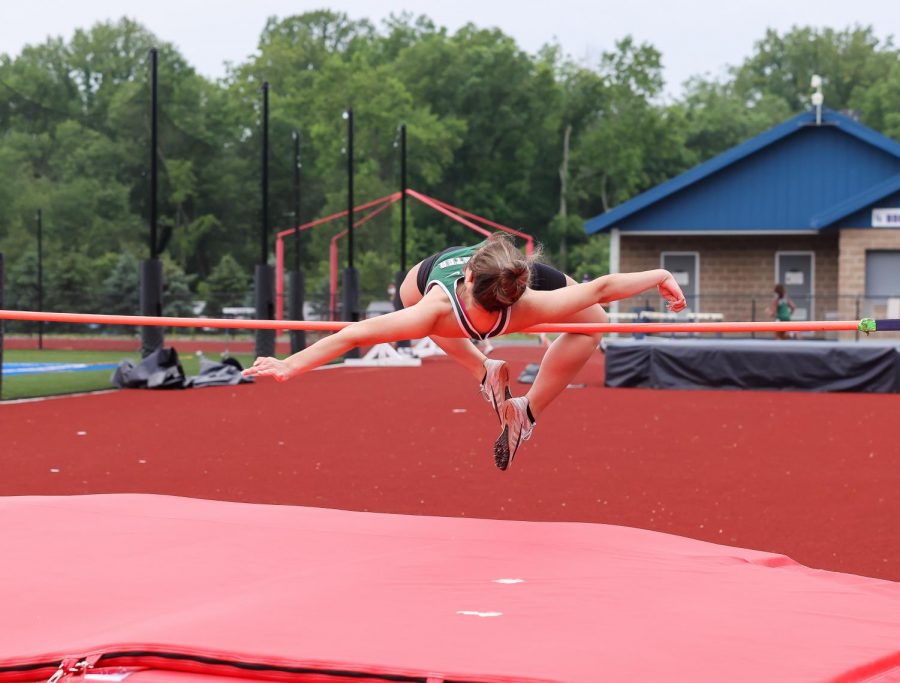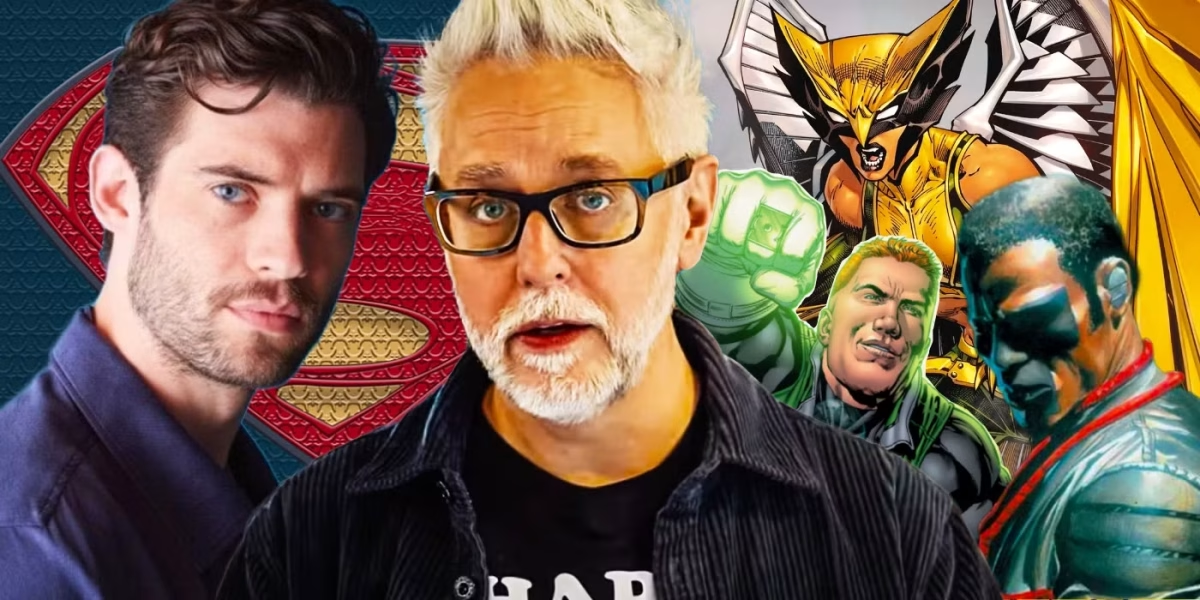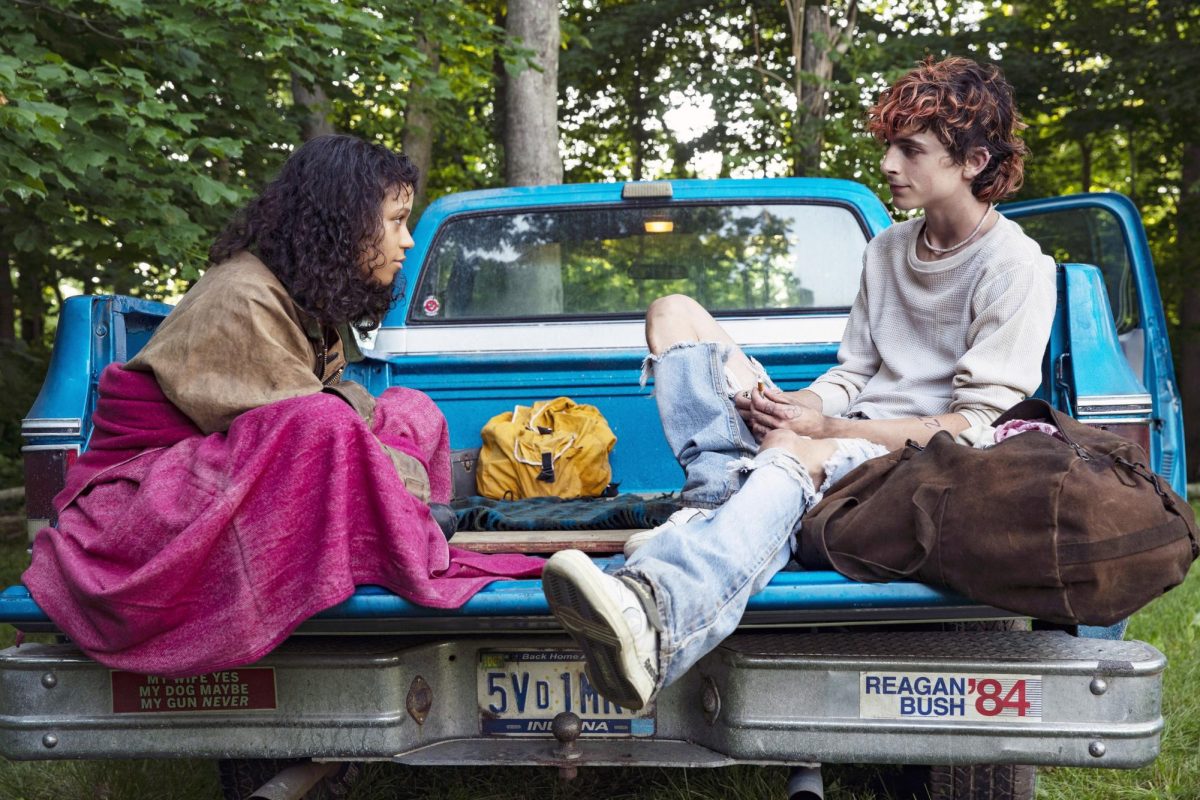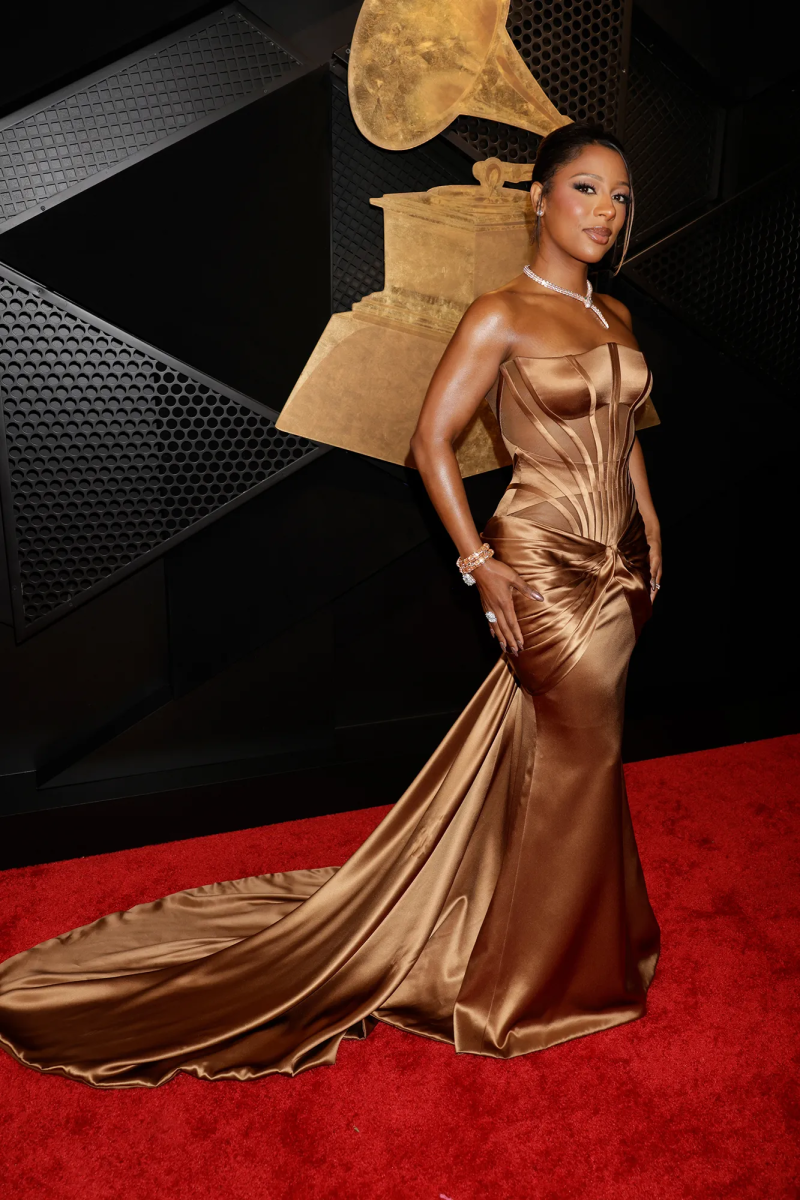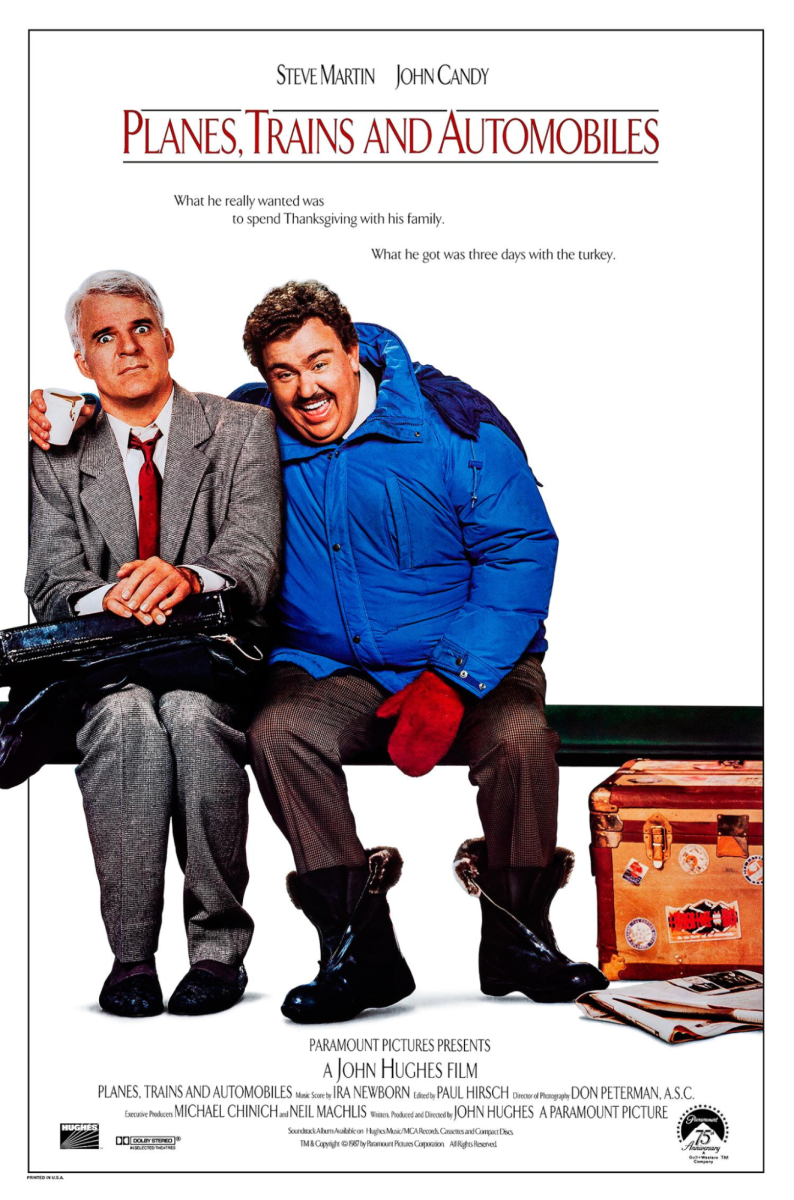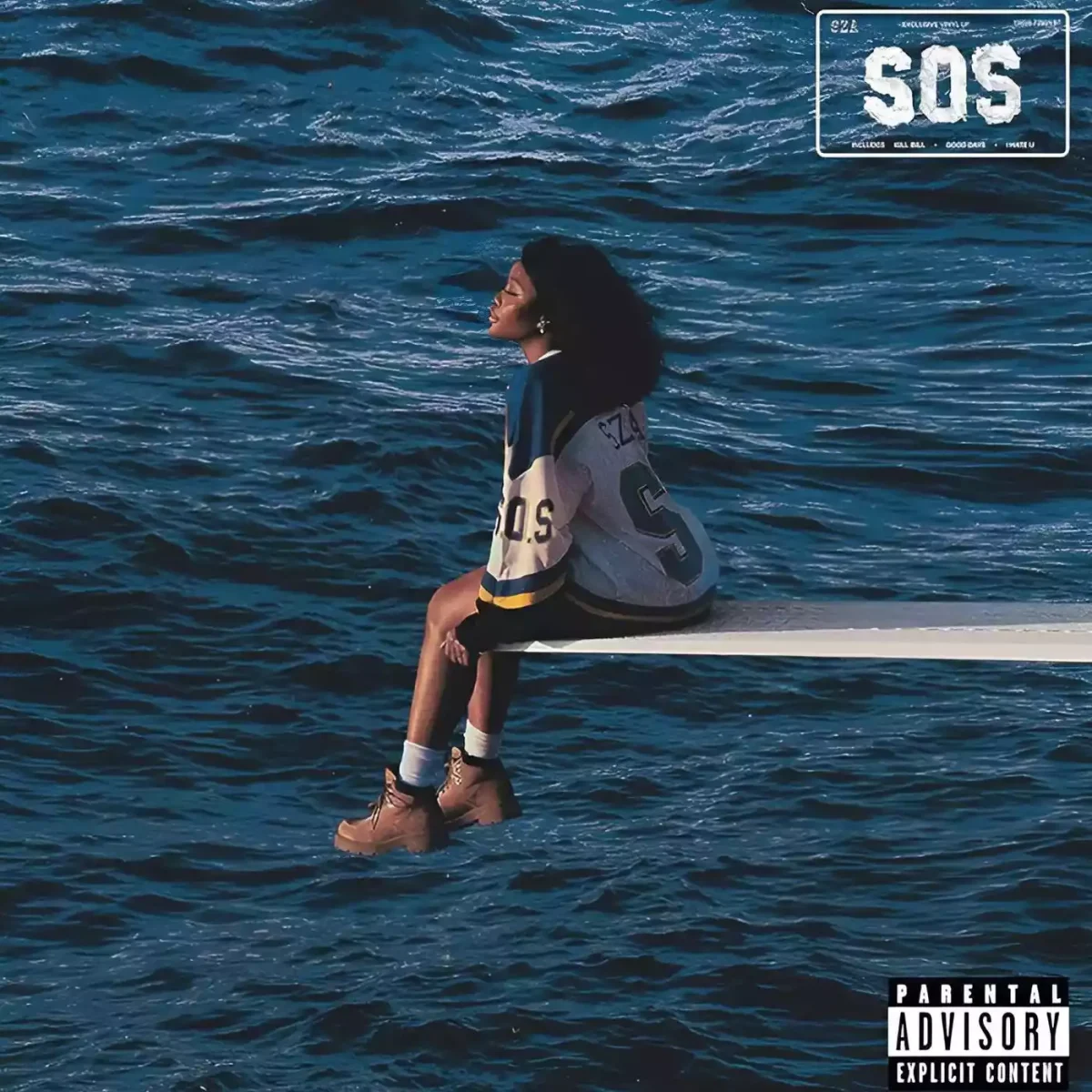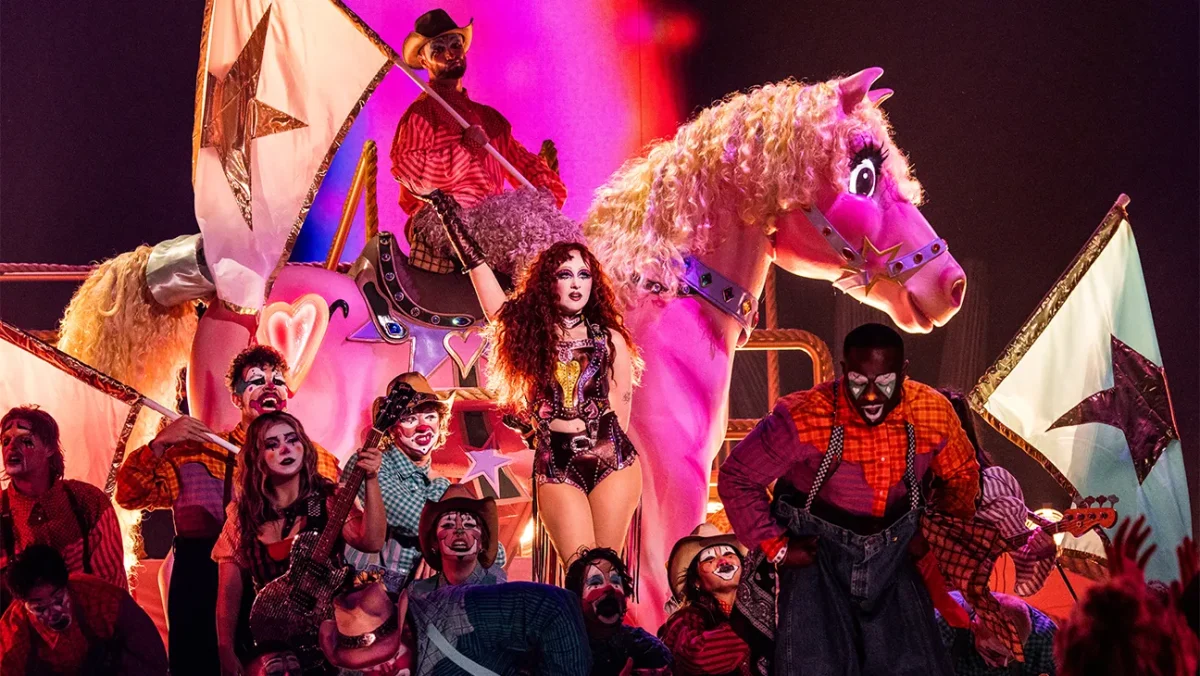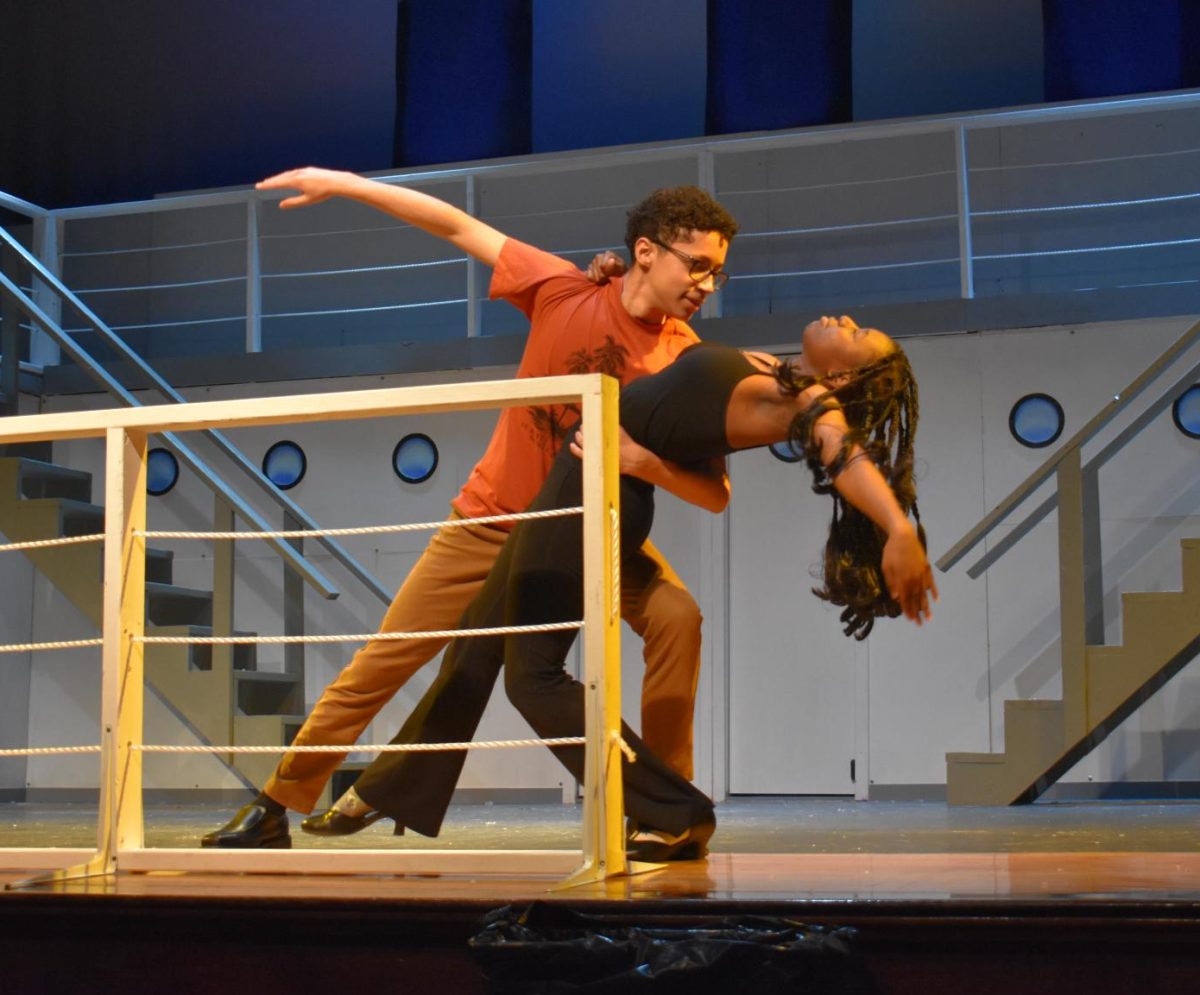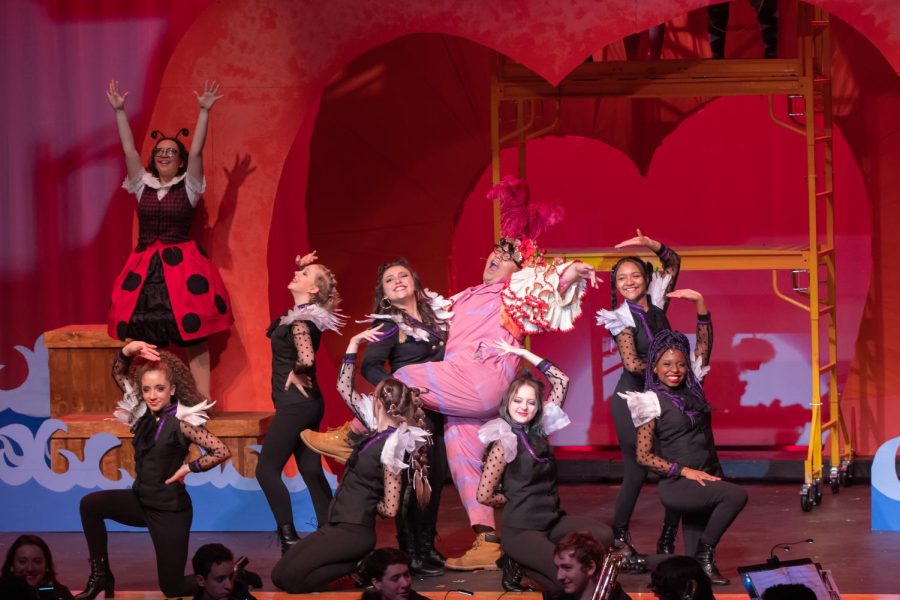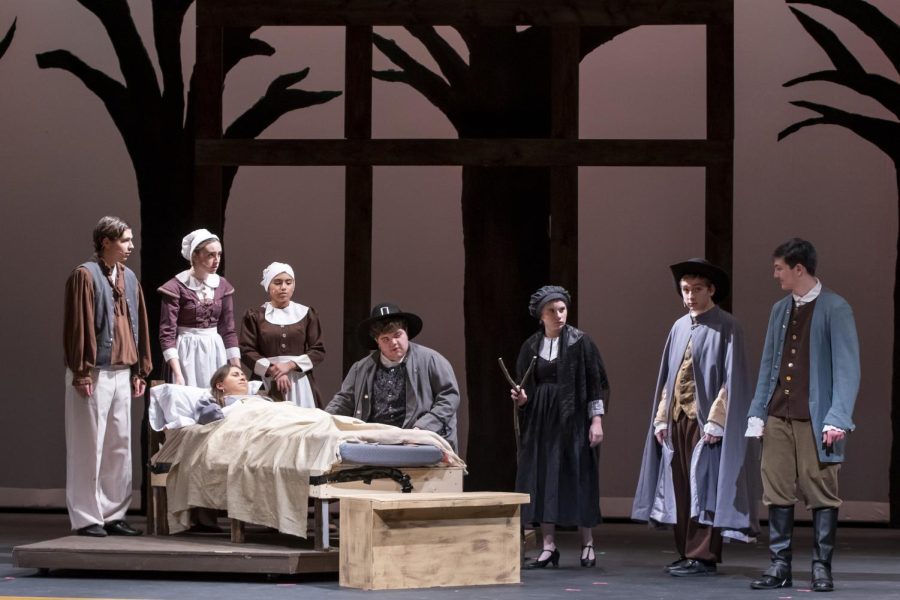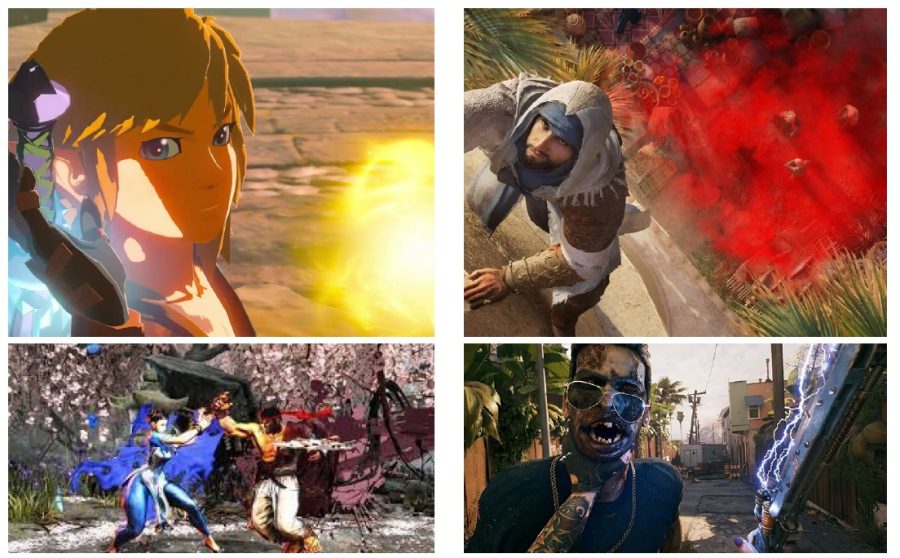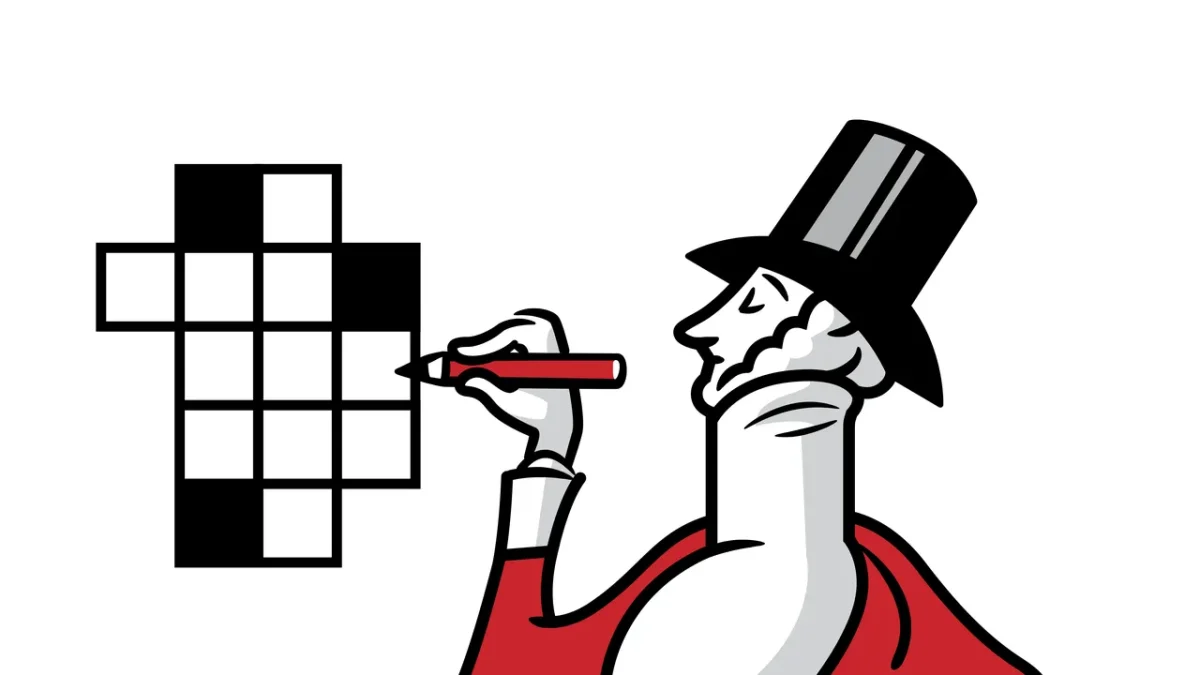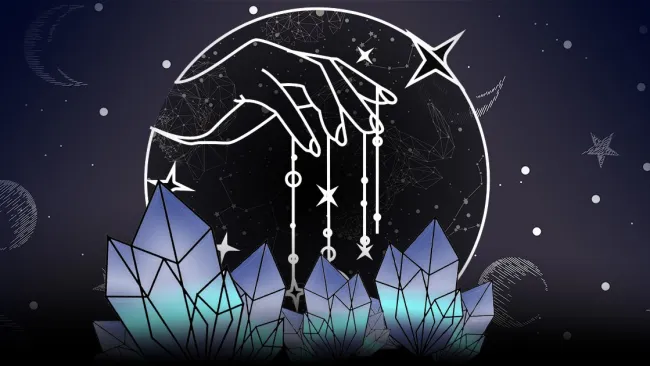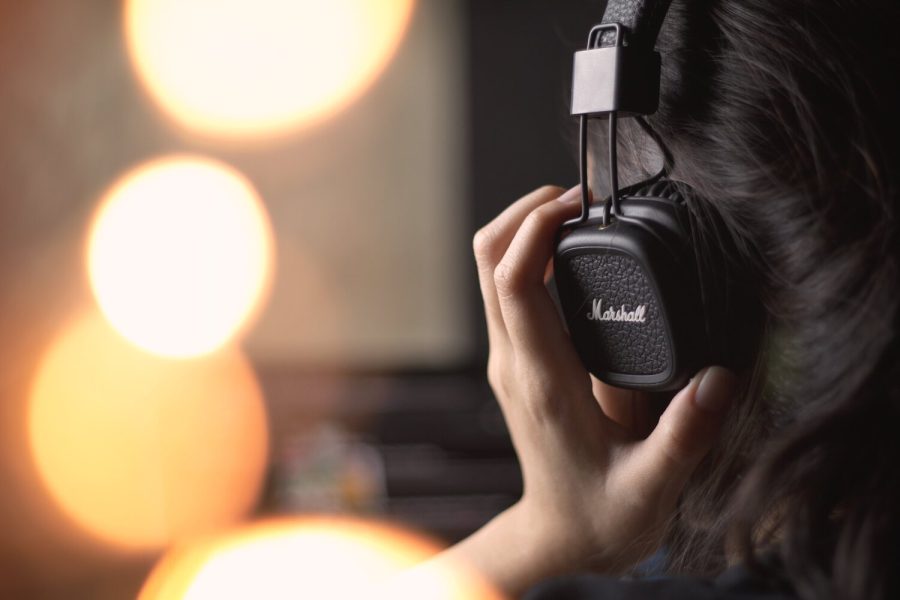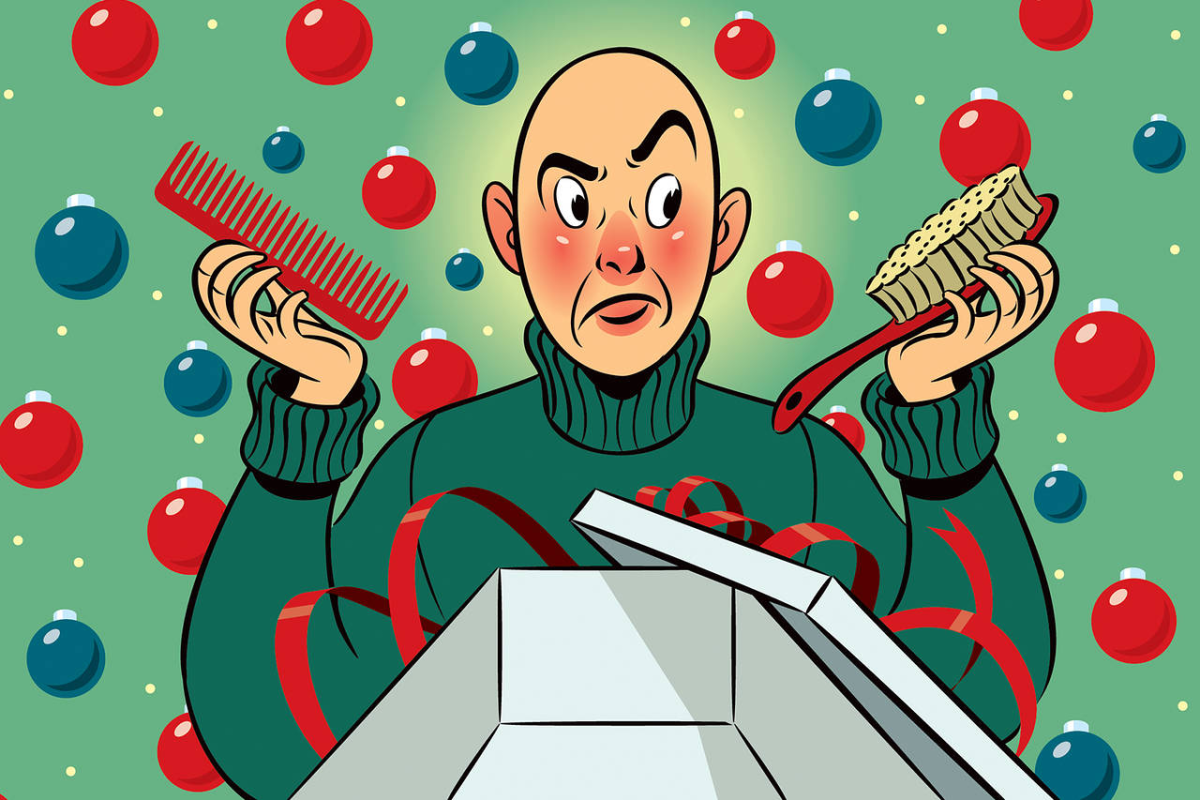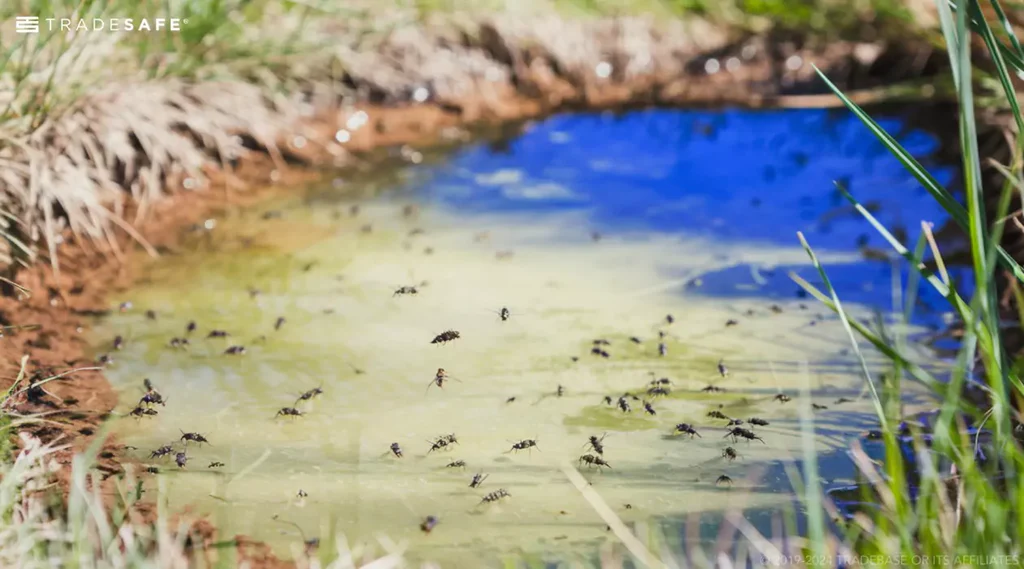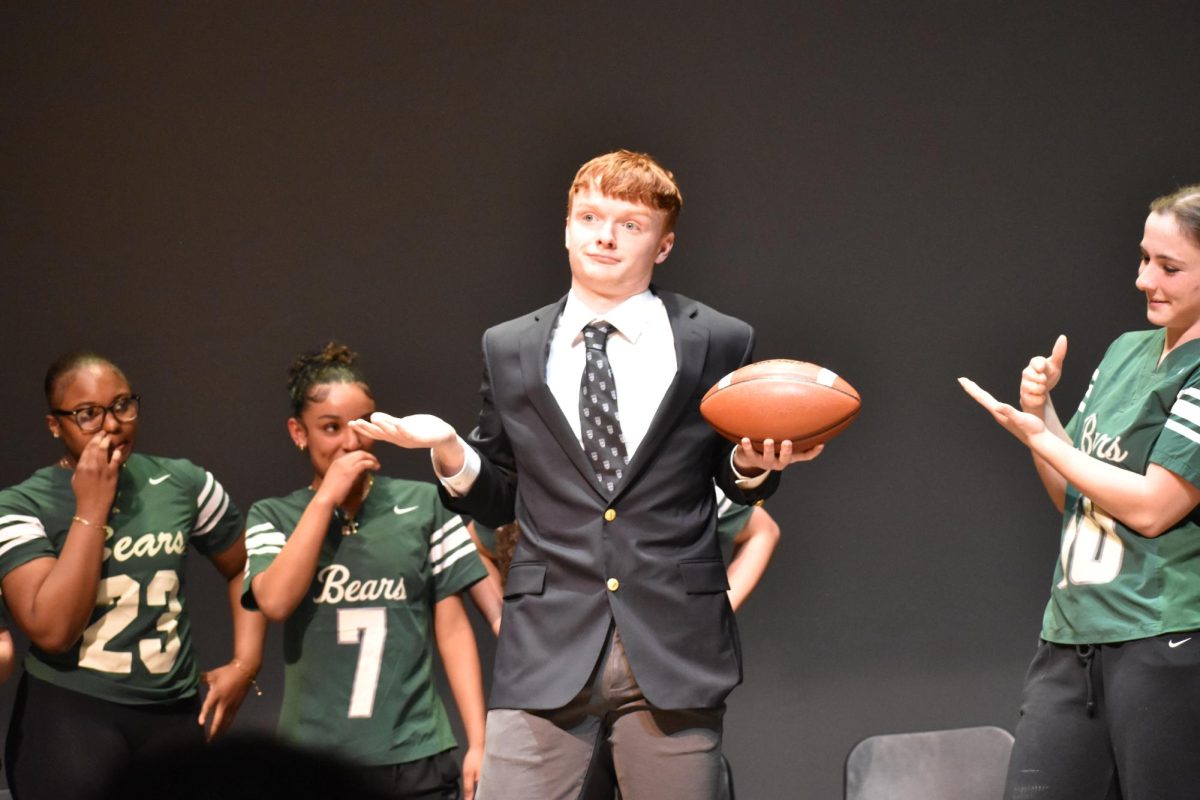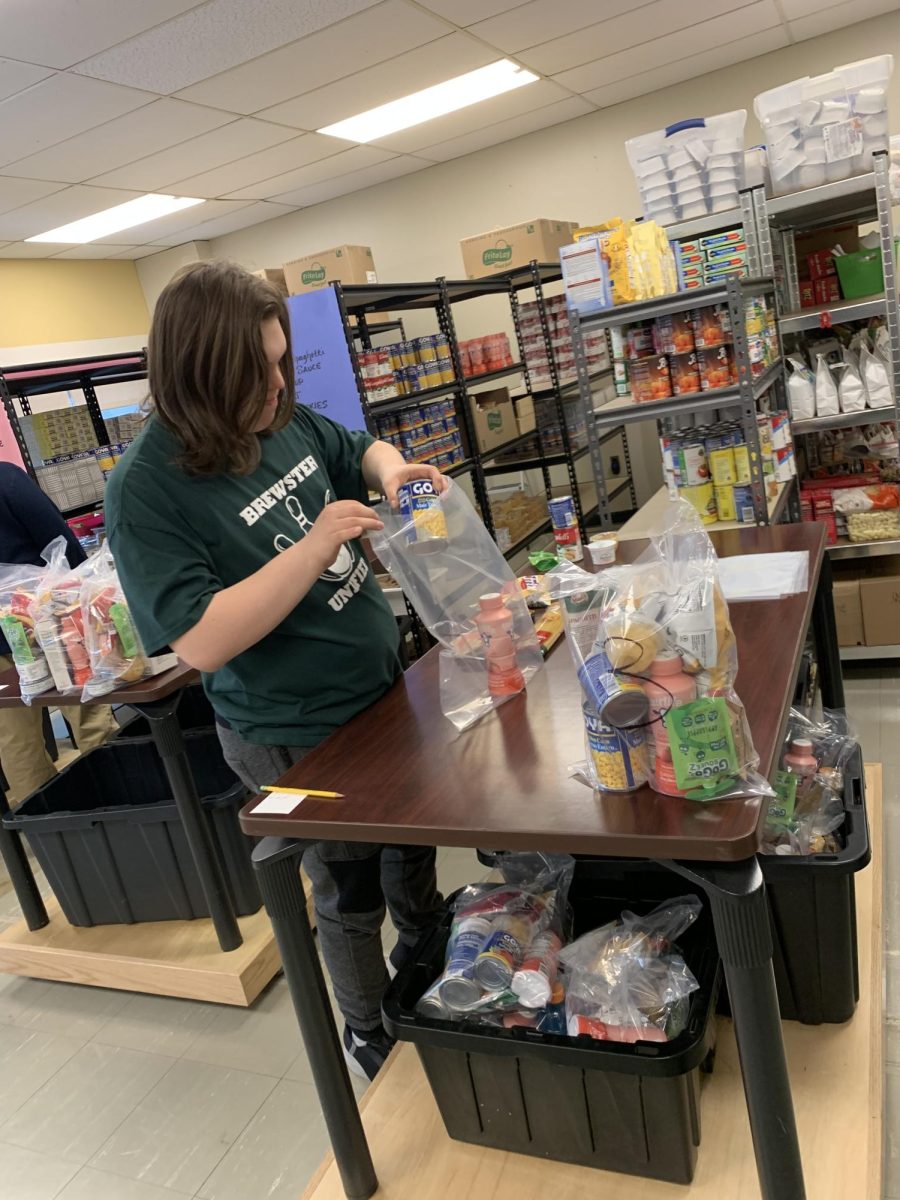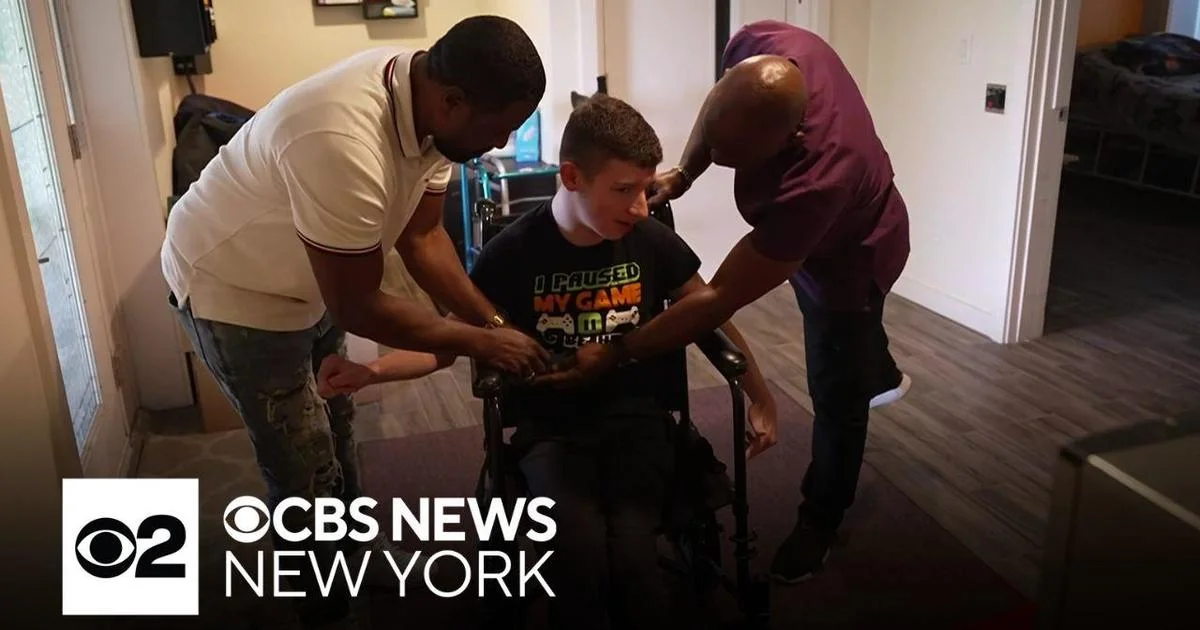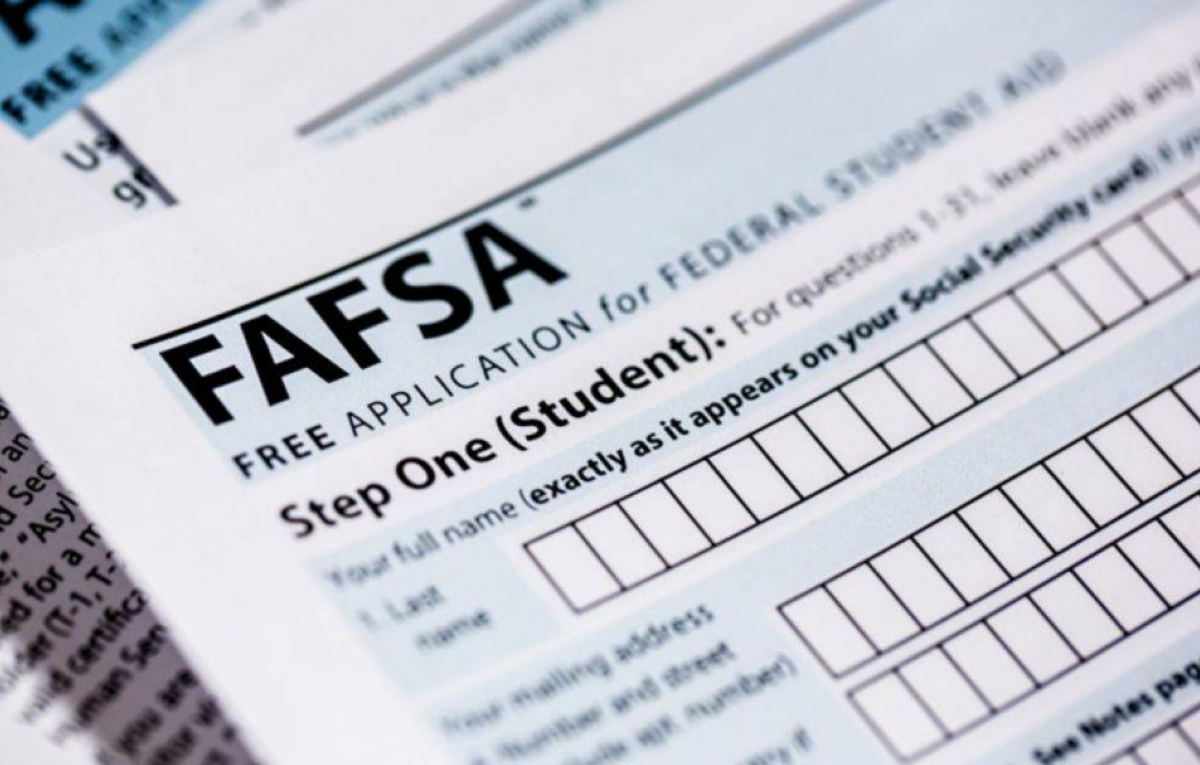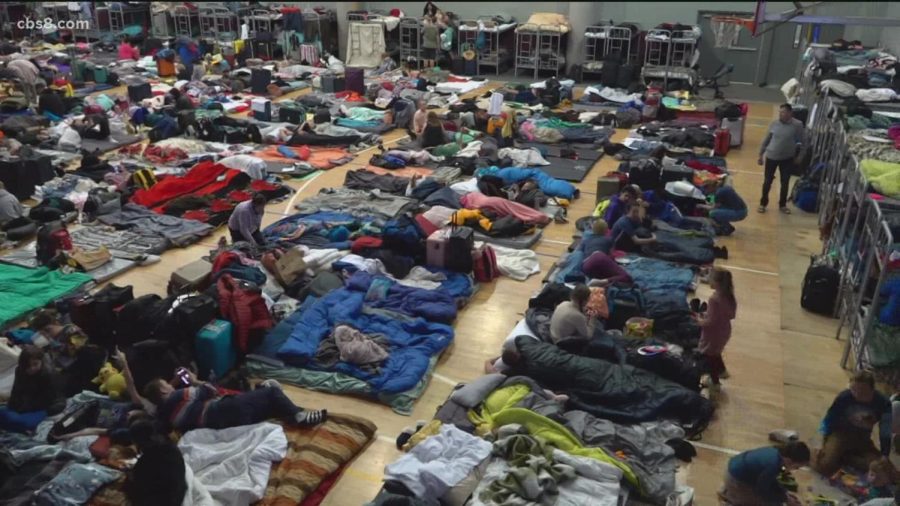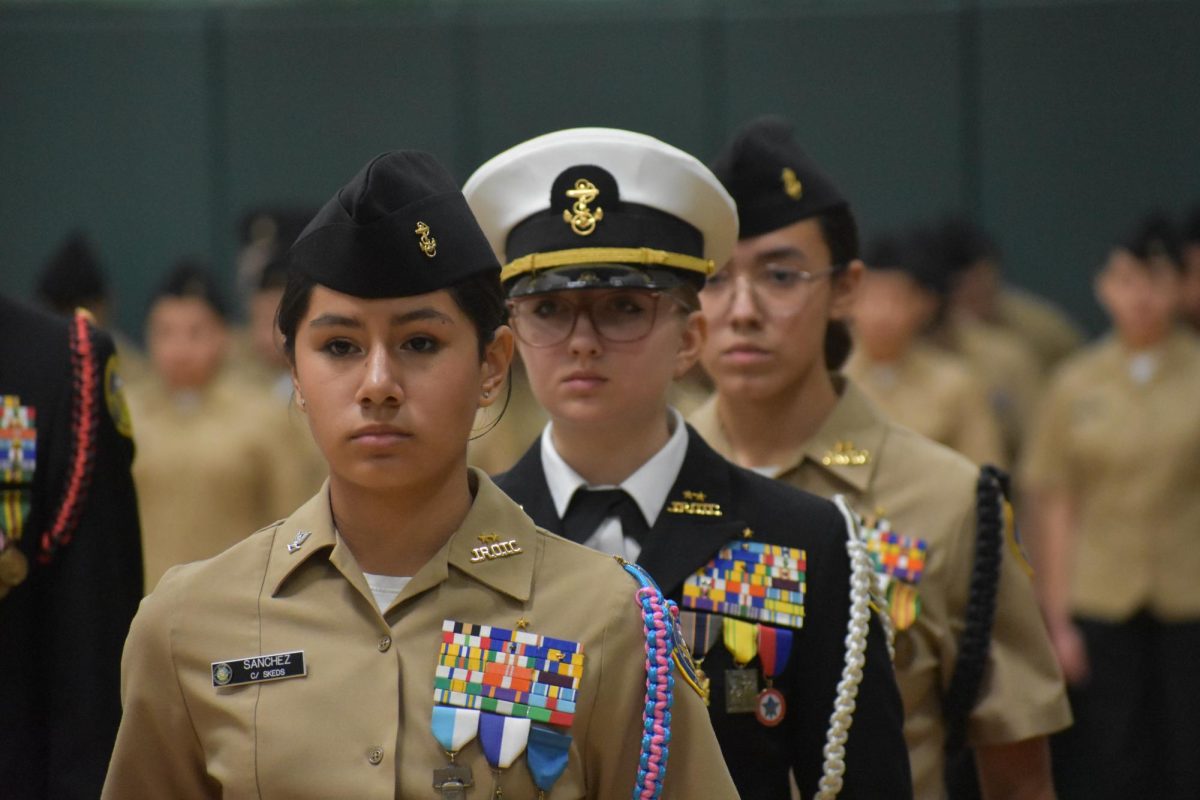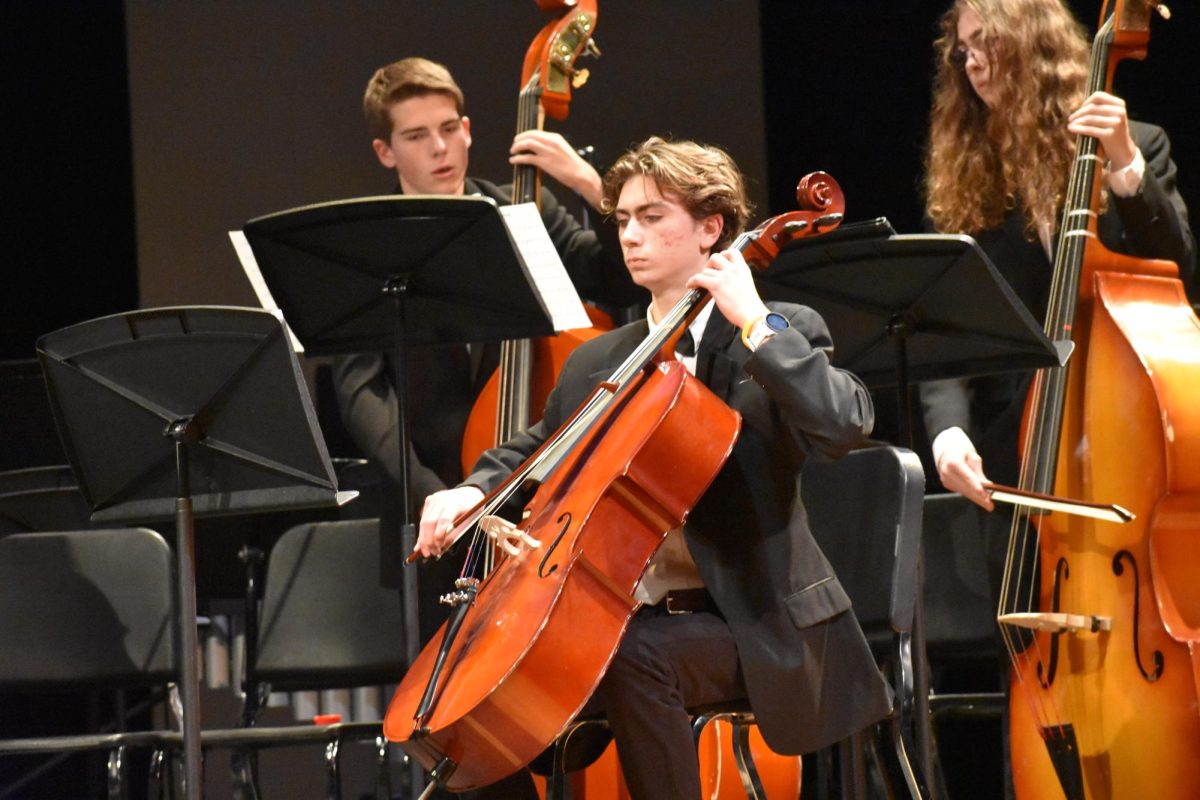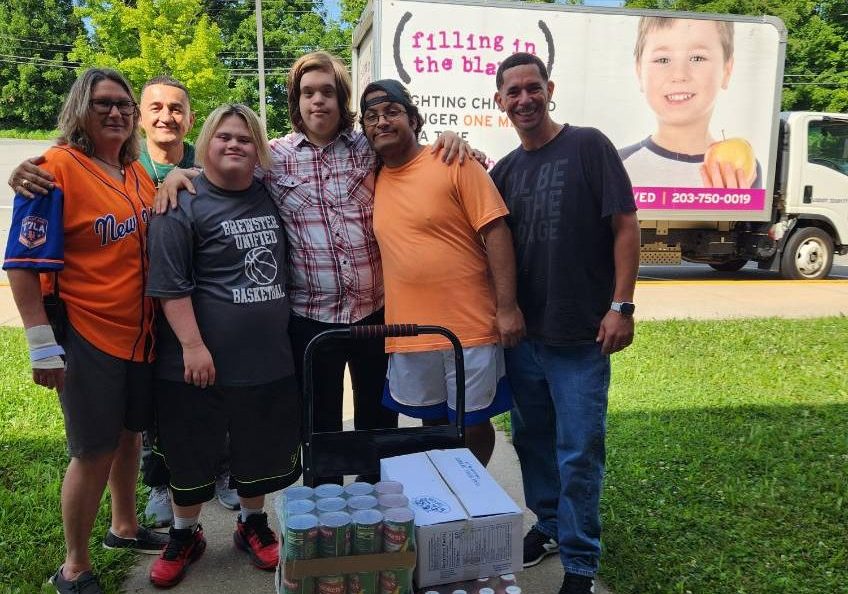Confessions of a Model UN Conference Attendee
Model UN students take great pride in their membership, tackling the problems of the world in various scenarios.
September 28, 2017
Jessica Capossela
Over the course of four days, during the Columbia trip for Model UN, my committee on the flight of the French monarchs went through drastic historical changes. By the third day, King Louis XVI was murdered and replaced with a fabulous new queen who had a beard and happened to be an even more fabulous wide receiver when she wasn’t in committee. What was supposed to be a simple flight to Austria, developed into a scandalous outbreak of many secret armies. The royal dressmaker created one that caused so much upheaval, that when he was put on trial, I decided to take it upon myself to write a note to crisis in order to put my ¨various secret skills in chemistry¨ to good use as an entrepreneur hairdresser. I made it so that poison was put in Madame Bertin´s dress as she awaited the verdict of her trial. Ironic deaths are always gloriously humorous, especially in a conference full of easily amused private school kids. Once the motion to suspend debate had been passed, as tradition follows, we created superlatives for each other. The boy who had become queen received, ¨most likely to become a sugar mommy.¨ I got best hair and eyes and when some of the kids from my committee saw on Snapchat that I had donated over 14 inches of my hair, messaged me joking that I have to give up the superlative. Beyond the actual conference, you become friends with the kids in your committee. I still have Snapchat streaks with people from my committee last year. Model UN allows you to meet people you never would have otherwise. This year, I continuously sponsored directives with a boy from California. Through all of the eccentric chaos that goes on in committee, the most memorable times have to be in between sessions. The time was spent consuming obscene amounts of pizza and Pop’ems, roaming Times Square, and getting called a future president by an unconventional homeless man. Although it is a lot of work, those four days are completely worth it.
David DiMinno
Being picked to go into the Sinaloa federation committee was an amazing opportunity that I did not fully value until I had entered the first committee session. Our committee was the Sinaloa federation back in 2010. My committee was full of fast paced, time sensitive, and thought provoking issues that had plagued the cartel of the infamous “El Chapo”. As cartel members, we were tasked with finding new ways to expand the influence of the cartel, while also keeping a low profile with scheming DEA agents. Pair that with being placed with an amazing and talented group of other students who worked hard for the 8 exciting sessions, all of us working endlessly to find answers to the crisis that would be placed in front of us. As far as the happenings inside the committee, there were scandals regarding El Chapo’s wife with her illegitimate son, various assassination attempts on El Chapo himself, a presidential election gone horribly wrong, plastic surgery to hide one’s identity, a trained tiger to hunt down government agents, and a newspaper editor turned governor turned presidential candidate. I was working tirelessly to work my way into El Chapo’s circle from the outside, trying my best to calm the people of Sinaloa, and sway them towards the cartel’s favor. Not only that, but whenever there was any kind of talk of rebellion against El Chapo, I made sure to shut it down and take the side of the head of the cartel without question. At one point, the area of Sinaloa was under attack by Los Zetas and the Gulf Cartel, both which are infamous in the region. When the attack began, we had about 30 seconds to solve each issue before another issue was stacked on top of the ones we already had, which eventually got to the point where we were dealing with 14 different issues at the same time. As the delegates fled the burning city, and the drugs that we had been supplying were destroyed, we all learned a valuable lesson: all’s fair in the world of drugs, cartels, and violence.
Jane Scinta
At CMUNCE XVI, I had the unique opportunity to participate in the Ocean Summit Committee. Tasked with the protection of international waters and the preservation of peaceful maritime relations, thirty-nine other delegates and I worked to achieve our country’s aims over the course of the weekend. During seven committee sessions, we debated issues such as overfishing and rising sea levels, passed notes to other delegates, and drafted resolutions- including plans to bring refugees home, provide protection against rising sea levels and protect the maritime environments of developing countries. Crisis continually sent us challenges like an oil spill in Comoros, an attack by Somali pirates, and a crack in the Arctic Circle to see how effectively our committee could propose solutions. I felt that my skills as an orator, writer, and communicator improved throughout the conference; likewise, I became more informed about the issues facing our world’s oceans as time progressed. One of my favorite parts of the weekend was the visit of the ambassador to Palau, who related real problems that Palau is facing, some of which we were simulating in our committee. As a result of our immersion in such an informative and diplomatic environment, we learned about several obstacles facing international problem-solving: the importance of timeliness when writing directives, the significance of both bilateral and multilateral communication, the difficulty of swaying opposing parties to your point of view, and, perhaps most importantly, the necessity of consistent and uniform cooperation to solve international problems.


